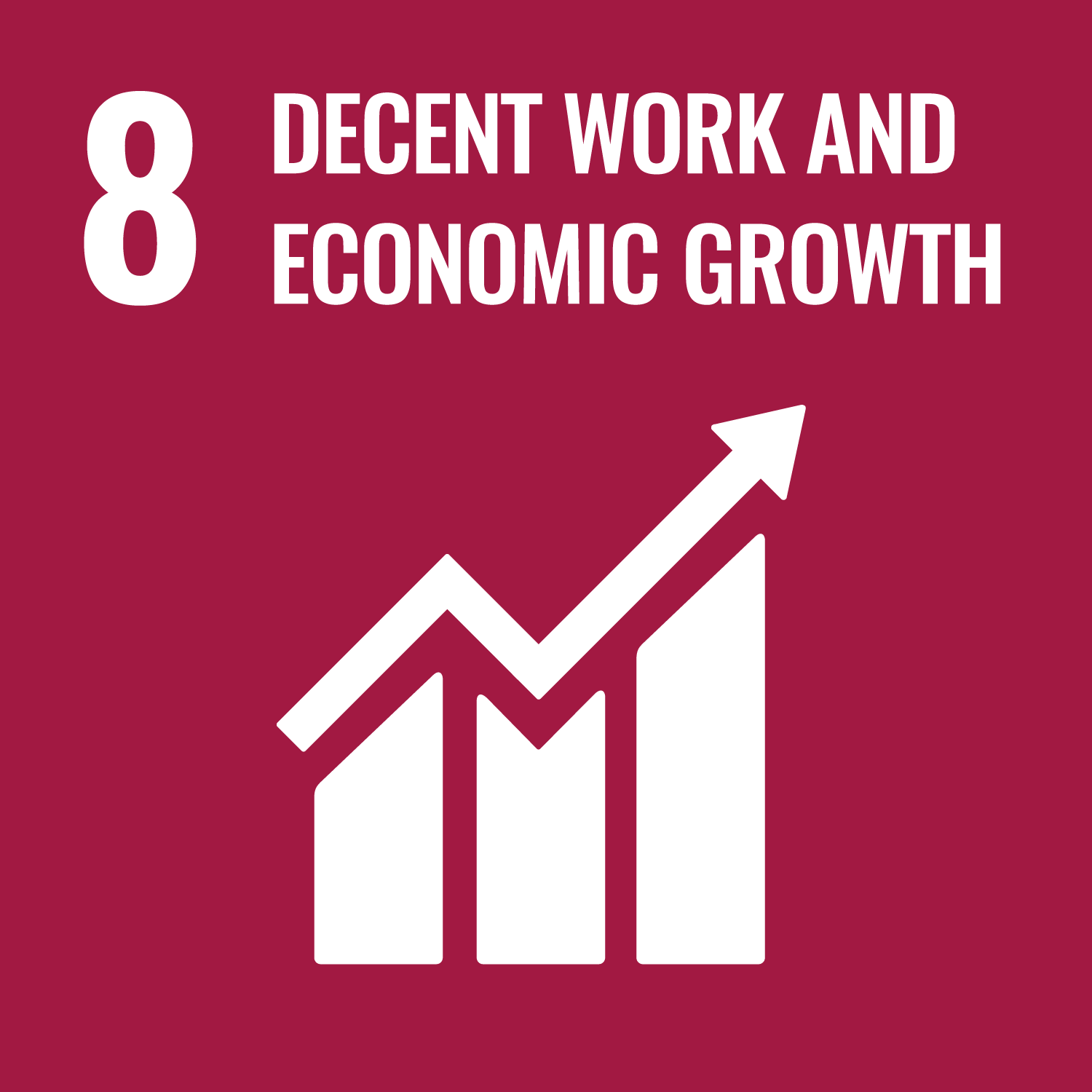SDG Detail
LAWPUBL 432 : International Economic Regulation
Undergraduate courseProject description
This course studies the international rules on trade and investment: which multilateral, pluryilateral and bilateral treaties have states, such as New Zealand, signed up to, and what are their rights and obligations under these treaties in terms of opening up domestic markets to goods, services, and investors from overseas? We will study how these obligations have expanded over time into new areas of the economy to affect an increasing range of domestic regulatory decisions. This area is very much in flux, with new treaties being negotiated at the same time that the neoliberal model of free trade is being questioned. The course will introduce the core legal contents of the treaties, with an eye at the political and economic realities. We will also cover selected substantive issues, such as, for example, the balance between trade liberalization and climate change regulation or trade liberalization and te Tiriti o Waitangi.
Project aims
?
Project outcome
By the end of this course, students will be able to: You will demonstrate an understanding of the core legal concepts of international trade and international investment law, and the institutions that shape these areas of the law. (Capability 1.2, 2.1 and 2.3) Critically evaluate and reflect on the economic and political background and history of multilateral and plurilateral trade agreements, and of their negotiations. (Capability 1.1, 1.3, 3.1 and 6.3) Describe and critically evaluate the economic theories that inform international trade agreements and policies (Capability 1.1, 2.1, 2.2, 2.3, 3.1, 6.2 and 6.3) Demonstrate an understanding of of on-going developments and tensions in international economic relations, and New Zealand's drivers in pursuing trade liberalisation (Capability 1.1, 2.2, 2.3, 3.1, 3.2, 3.3, 4.1, 5.1, 5.2, 6.1, 6.2 and 6.3) Demonstrate an understanding of of the broader impact of trade liberalisation on other areas of public policy such as the protection of the environment, public health, financial stability, and others. (Capability 1.1, 1.3, 2.3, 3.1, 3.3, 5.1, 6.2 and 6.3) Be able to evaluate primary materials from international economic law to appraise current debates and inform a reasoned position (Capability 1.2, 1.3, 2.3, 3.1, 3.2, 4.1, 4.2, 4.3 and 5.2)
Related SDGs
The corresponding sustainable development goals correlated with this project. You you click the icon to link to SDG category description page.









